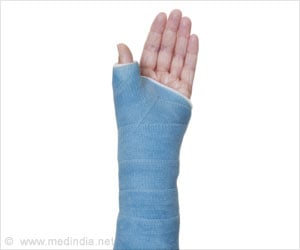Biophan Technologies, Inc., a developer of next-generation medical technology, in conjunction with MYOTECH, LLC, recently presented results of animal studies that indicate the potential of the MYO-VAD, a cardiac support system to significantly improve the treatment of heart failure. The MYO-VAD restores cardiac output on an arrested or weak heart. The device can be implanted in approximately three minutes.
Researchers found that key biomarkers of heart failure increased in animal hearts with induced heart damage, but decreased in animals whose damaged hearts were supported with the MYO-VAD. Investigators concluded that the device “can significantly augment the failing heart while reducing myocardial stress,” and that the device “can provide adequate hemodynamic support while favorably altering the maladaptive pathophysiology of heart failure.”The results were presented in a scientific poster at the Cleveland Clinic Kaufman Center for Heart Failure and The American Association for Thoracic Surgery’s Conference: "21st Century Treatment of Heart Failure: Synchronizing Surgical and Medical Therapies for Better Outcomes" in Cleveland, Ohio.
Heart failure is a progressive condition that involves the heart re-shaping, or “remodeling” into a less effective blood pump. This occurs after the heart has been damaged by any disease or condition that puts extra stress on the heart’s muscle or deprives it of blood. High blood pressure, coronary artery disease and heart attacks are typical causes. Within 6 years of a recognized heart attack 22% of men and 46% of women will be disabled with heart failure, according to the American Heart Association. This devastating disease currently has no cure and affects an estimated 5,000,000 Americans each year.
According to Jeffrey Helfer, President of Biophan’s Cardiovascular Division, “the MYO-VAD technology has already demonstrated its ability to support suddenly failing hearts (such as in a heart attack). By favorably altering the progression of heart failure that follows, we believe these results indicate potential for the MYO-VAD to treat a much wider range of patient conditions.”
“Heart failure is most commonly treated with pharmaceuticals, but this approach is ineffective and heart failure remains the number one killer and the most costly condition for the U.S. health care system,” said Mr. Helfer.
According to the American Heart Association, 550,000 new cases of heart failure are diagnosed annually in the U.S. and an estimated 15 million new cases are reported yearly worldwide. Direct and indirect costs of heart failure in the U.S. in 2006 have been estimated at $29 billion.
Advertisement
SRM










